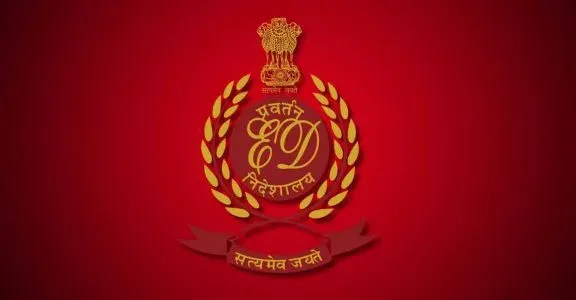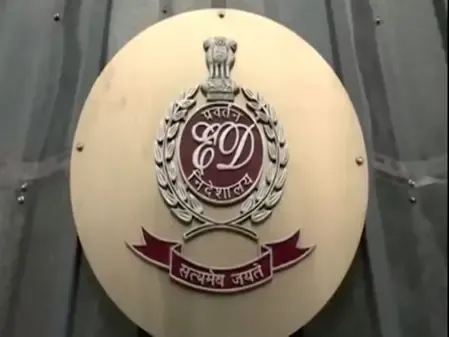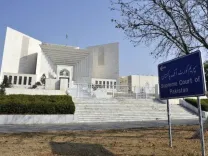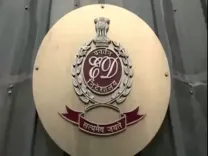What Happened in the Rs 82 Crore Stipend Scam? ED Conducts Searches on Karnataka Medical College Officials

Synopsis
Key Takeaways
- ED's Investigation: Shows the importance of accountability in educational institutions.
- Allegations: Significant misappropriation of funds reported.
- Coercion Tactics: Use of signed blank cheques highlights unethical practices.
- Legal Framework: The investigation is conducted under the PMLA, 2002.
- Impact on Students: Raises questions about how student funds are managed.
New Delhi, May 5 (NationPress) In a well-coordinated search operation concerning the stipend scam at Karnataka's Mahadevappa Rampure Medical College (MRMC), the ED's Bengaluru office executed searches across seven locations in Kalaburgi district, as confirmed by an official.
The operation, which spanned three days from April 30 to May 3, was conducted under the Prevention of Money Laundering Act (PMLA), 2002. This effort aims to investigate the alleged misappropriation of Rs 81.21 crore related to the stipend fraud.
The targets of the ED's searches included properties linked to Bhimashankar Bilgundi, the former President of the Hyderabad Karnataka Education Society (HKE), Dr. S.M. Patel, the former Dean of MRMC Medical College, and Subash Chandra, the college accountant.
During the operation, the ED uncovered incriminating evidence in the form of electronic records, including excel sheets detailing signed blank cheques collected from PG Medical students, along with records of cash withdrawals made by the college management from the students' bank accounts.
The investigation was prompted by an FIR filed with the Cyber and Economic and Narcotics (CEN) Cell in Kalaburgi.
The FIR alleged that the total stipend amount of Rs 81.21 crore was disbursed to 282 post-graduate students between January 1, 2018, and March 1, 2024, but the funds were never utilized by the PG medical students.
The FIR identified Bilgundi, Dean S.M. Patil, the college accountant, and a manager from Canara Bank's MRMC branch as suspects in the scam.
The modus operandi involved coercing PG medical students into providing signed blank cheques to the management, which were then used to withdraw the stipend amounts credited to their accounts.
According to the ED's findings, from the financial years 2018-19 to 2023-24, the accused managed to collect signed blank cheques from PG students of MRMC.
In total, Rs 30 crore was reported to have been siphoned off by the previous college management, the ED revealed.









